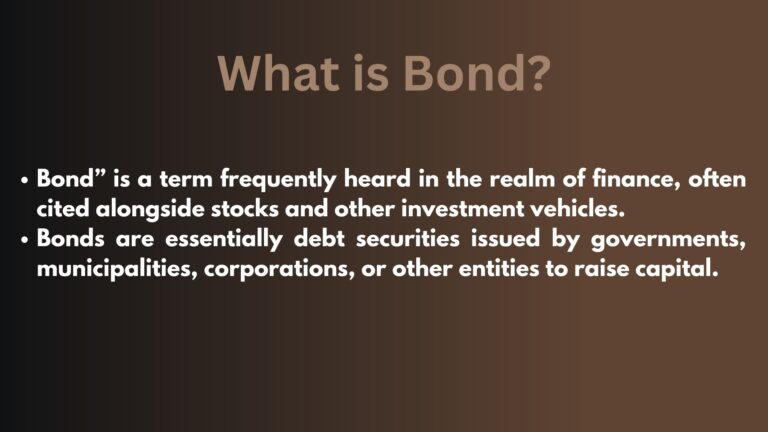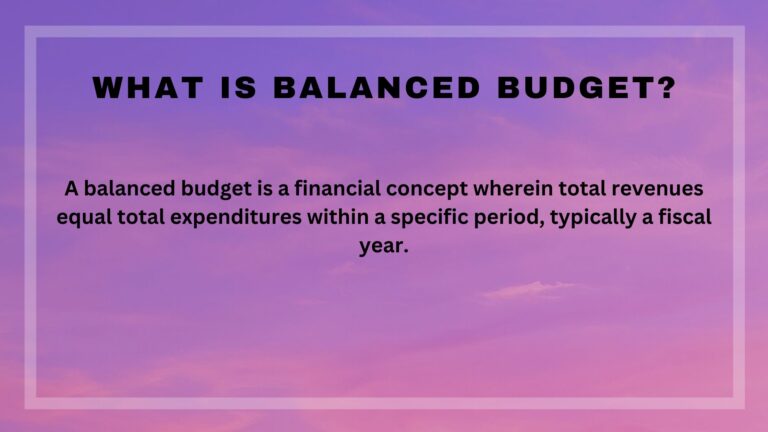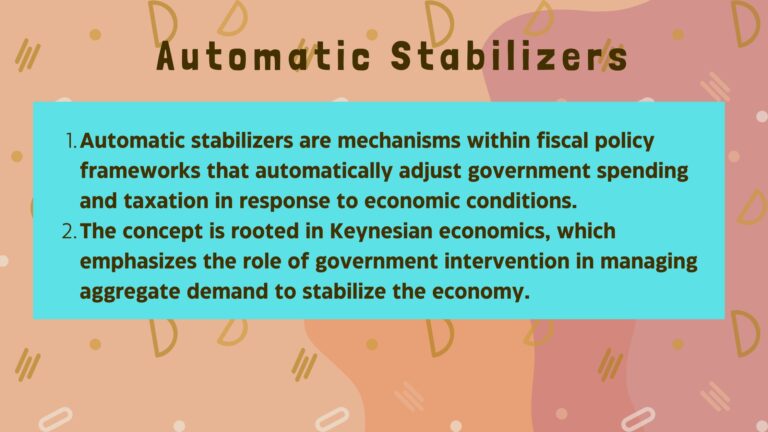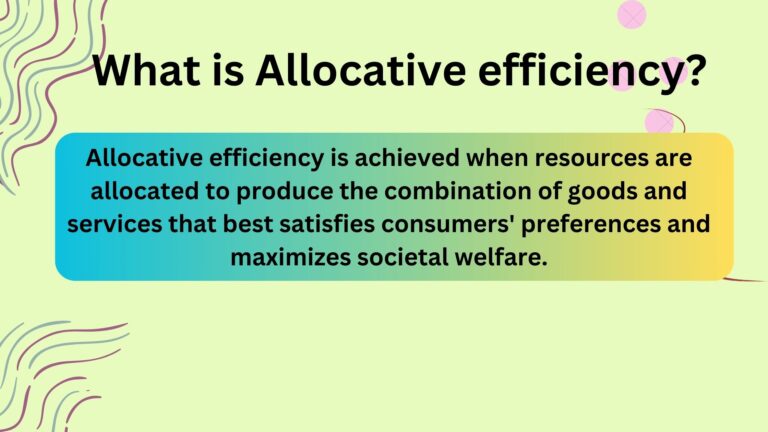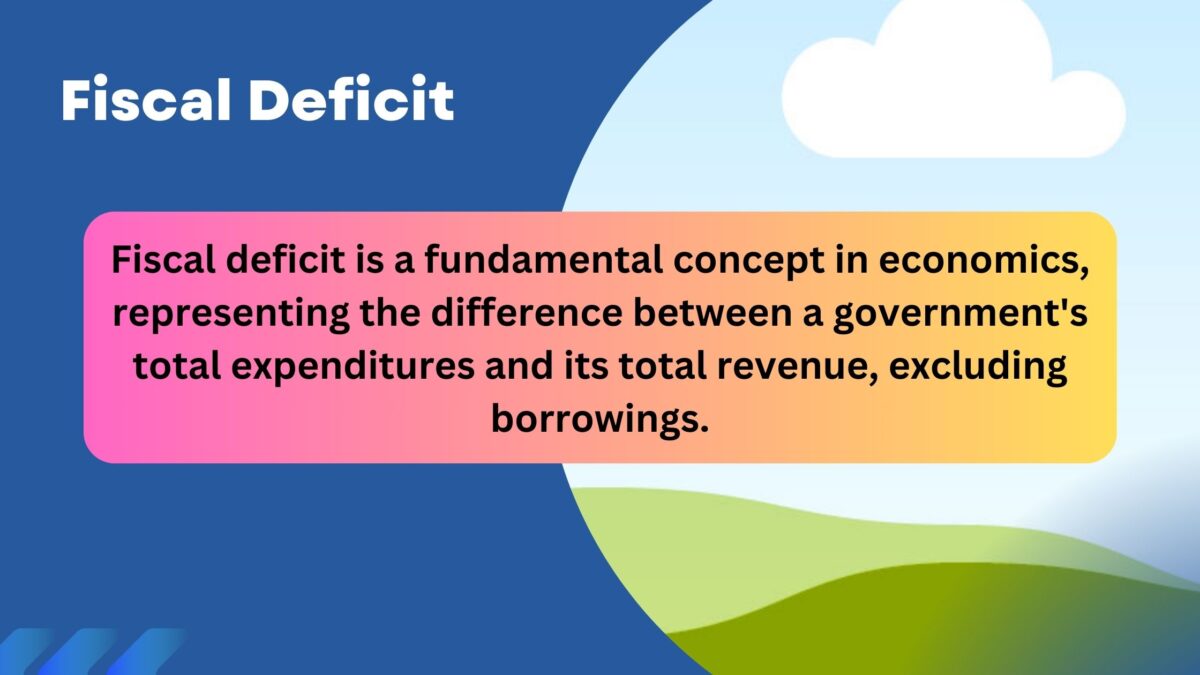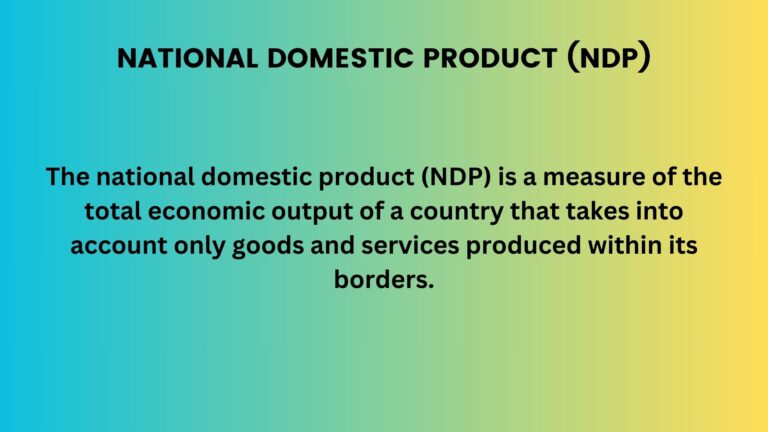History Of Banking in India
The evolution of banking in India is a fascinating journey that reflects the country’s socio-economic transformations. The banking sector has undergone significant changes from the colonial period to post-independence, the liberalisation phase to modern-day advancements. The following are the various phases of the evolution of banking in India and how it brought drastic changes to…




